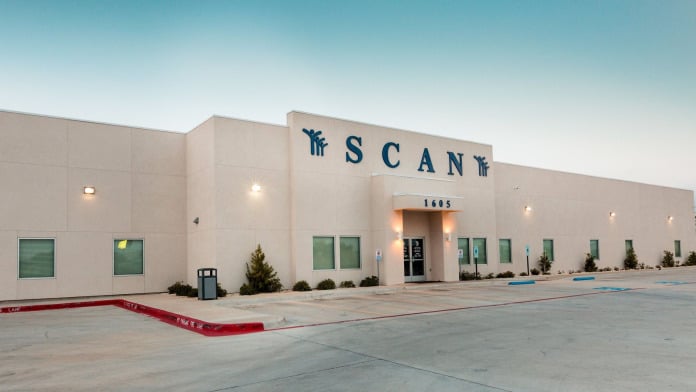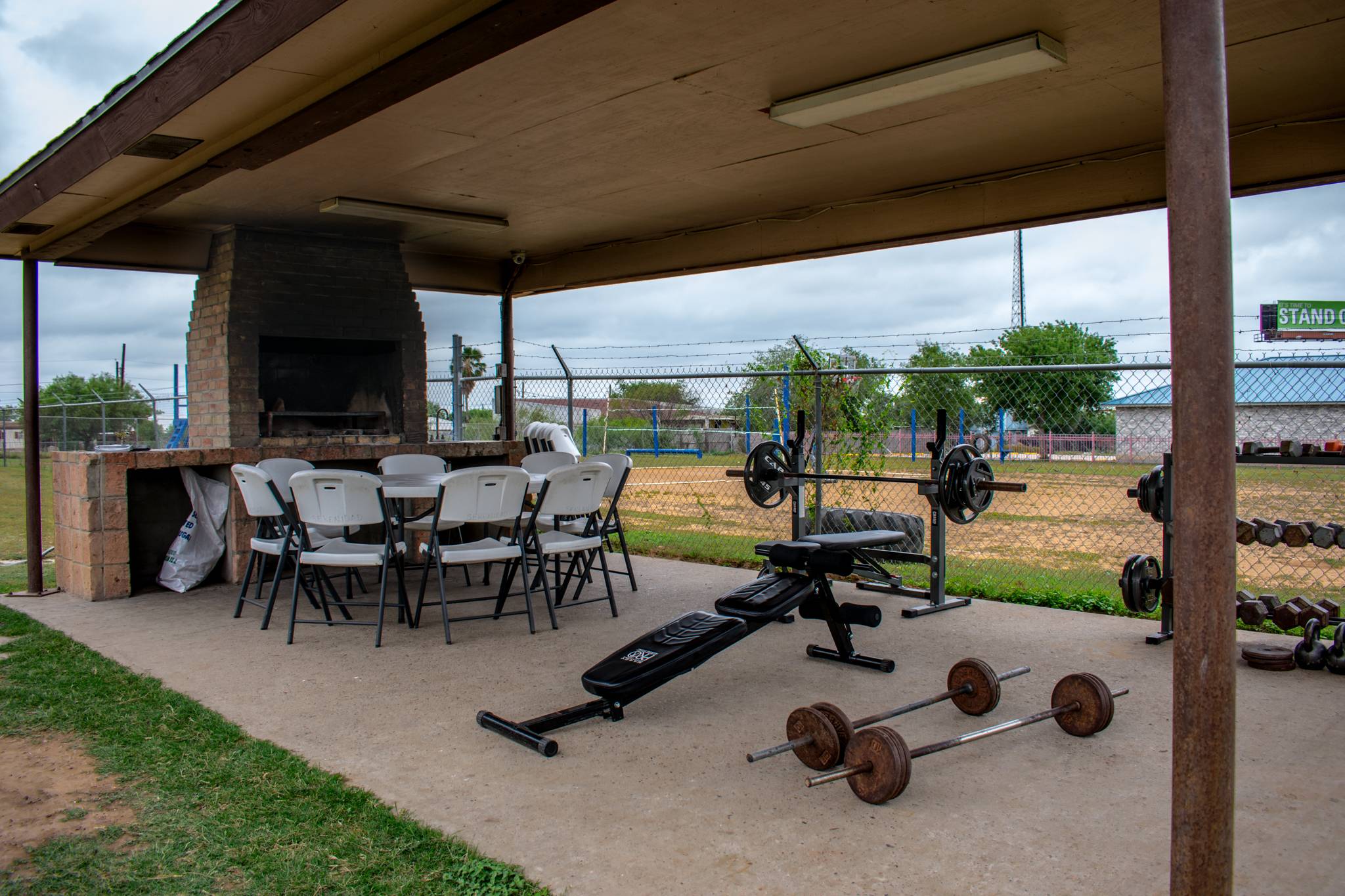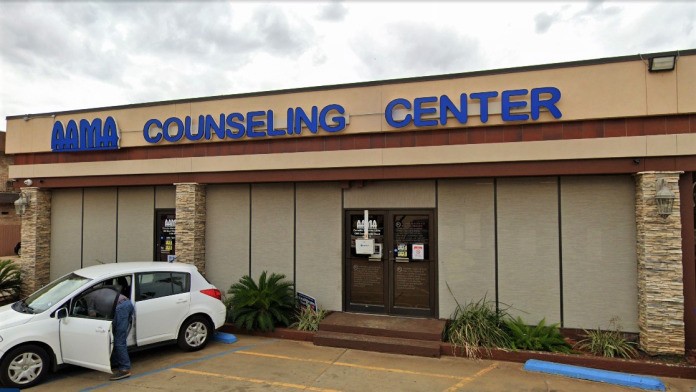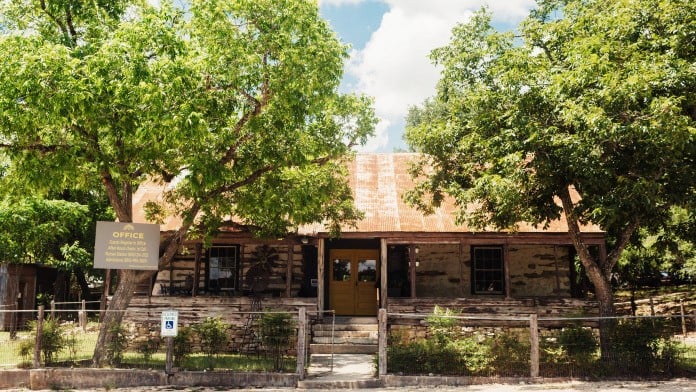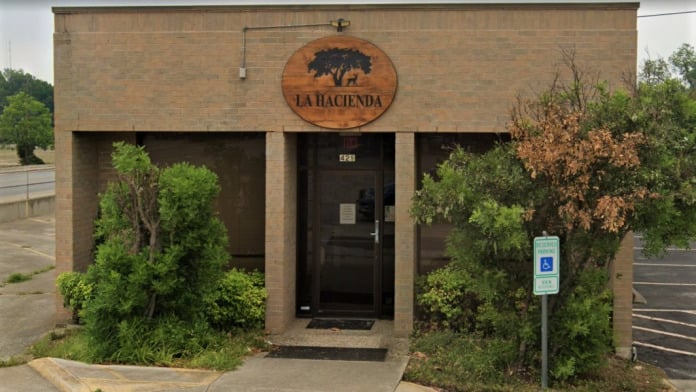About WestCare – Foundation Texas – Laredo
WestCare Foundation Texas in Laredo, Texas, offers comprehensive outpatient treatment services for individuals who are struggling with cooccurring substance use and mental health disorders.
Culturally Sensitive Addiction Treatment
WestCare Foundation Texas provides culturally sensitive programming for adults and youth in Laredo, designed to meet the unique needs of a diverse community. Services customized for Spanish speaking clients are incorporated. Special care is also tailored to address the particular challenges of individuals involved in the criminal justice system and those referred by the courts or probation officers.
Whole Person Care for Cooccurring Disorders
The facility provides holistic assessment, counseling and case management services. Individual and group therapy sessions are offered as well, with a strong emphasis on whole person care. The multilingual staff utilizes evidence-based therapies specifically designed to treat addiction and promote recovery.
Community Engagement and Reintegration
The WestCare staff is also specially trained to cater to local needs, with particular experience in individualized treatment planning. A high priority is placed on community engagement and reintegration after discharge. Comprehensive services may include prevention and intervention, addiction treatment, and thorough aftercare plans aimed at fostering long term recovery.
Safe and Convenient Clinic Near Laredo’s Public Library
WestCare’s safe and confidential outpatient clinic setting stands out to me. The facility is conveniently located near historic downtown Laredo, within close proximity to Jarvis Plaza and San Agustin Plaza, allowing for easy access to potentially therapeutic outdoor spaces. The Laredo Public Library is nearby as well, providing opportunities to connect with community support resources.
Rehab Score
Other Forms of Payment
Addiction Treatments
Levels of Care
Outpatient Programs (OP) are for those seeking mental rehab or drug rehab, but who also stay at home every night. The main difference between outpatient treatment (OP) and intensive outpatient treatment (IOP) lies in the amount of hours the patient spends at the facility. Most of the time an outpatient program is designed for someone who has completed an inpatient stay and is looking to continue their growth in recovery. Outpatient is not meant to be the starting point, it is commonly referred to as aftercare.
Treatments
Mental health rehabs focus on helping individuals recover from mental illnesses like bipolar disorder, clinical depression, anxiety disorders, schizophrenia, and more. Mental health professionals at these facilities are trained to understand and treat mental health issues, both in individual and group settings.
Substance rehabs focus on helping individuals recover from substance abuse, including alcohol and drug addiction (both illegal and prescription drugs). They often include the opportunity to engage in both individual as well as group therapy.
Programs
Adult rehab programs include therapies tailored to each client's specific needs, goals, and recovery progress. They are tailored to the specific challenges adult clients may face, including family and work pressures and commitments. From inpatient and residential treatment to various levels of outpatient services, there are many options available. Some facilities also help adults work through co-occurring conditions, like anxiety, that can accompany addiction.
Clinical Services
Assertive Community Treatment (ACT) is a structured way of helping those with major mental illnesses and/or substance abuse by bringing services directly to the patient in home. Instead of hospitalization or an outpatient program, staff members like social workers, psychiatrists, and counselors come directly to the patient’s house for treatment. ACT is used primarily for those with severe and persistent mental illness like schizophrenia or bipolar disorder, some of whom also contend with substance abuse. ACT can be short- or long-term (months to years), and provides the same multidisciplinary, 24/7 staffing of a psychiatric unit, but in the comfort of the patient's own home and/or community.
Research clearly demonstrates that recovery is far more successful and sustainable when loved ones like family members participate in rehab and substance abuse treatment. Genetic factors may be at play when it comes to drug and alcohol addiction, as well as mental health issues. Family dynamics often play a critical role in addiction triggers, and if properly educated, family members can be a strong source of support when it comes to rehabilitation.
Fitness therapy blends exercise with psychotherapy for a fun, inspiring, and effective way of treating addiction and other issues. By incorporating movement into counseling sessions, clients become more empowered, motivated, and goal-oriented, all while strengthening their bodies and becoming more flexible. Fitness Therapy is usually used to complement a course of treatment (inpatient or outpatient) to make it even more successful. Increasing the connection between a patient’s mind and body helps both with healing as well as in creating new, healthy habits.
Group therapy is any therapeutic work that happens in a group (not one-on-one). There are a number of different group therapy modalities, including support groups, experiential therapy, psycho-education, and more. Group therapy involves treatment as well as processing interaction between group members.
Life skills trainings involve all the skills a person must have in order to function successfully in the world. These include time management, career guidance, money management, and effective communication. Truly successful addiction recovery is based on the ability to not only live substance-free, but to thrive. Life skills teaches the practical necessities of functioning in society, which sets clients up for success in life, and therefore sobriety.
Trauma therapy addresses traumatic incidents from a client's past that are likely affecting their present-day experience. Trauma is often one of the primary triggers and potential causes of addiction, and can stem from child sexual abuse, domestic violence, having a parent with a mental illness, losing one or both parents at a young age, teenage or adult sexual assault, or any number of other factors. The purpose of trauma therapy is to allow a patient to process trauma and move through and past it, with the help of trained and compassionate mental health professionals.
Contact Information
2110 Lomas del Sur Blvd.
Suite 110
Laredo, TX 78046
